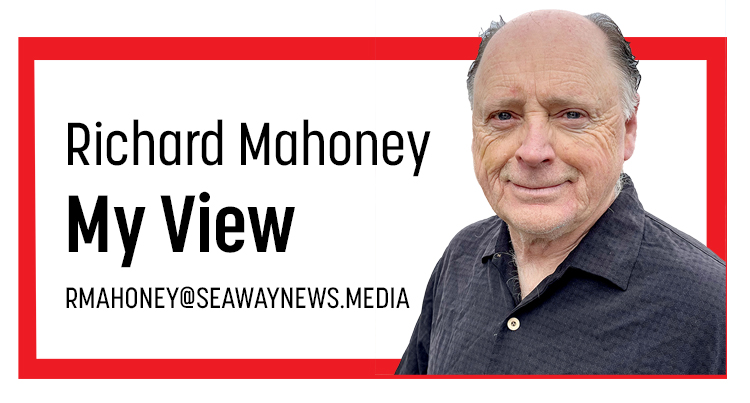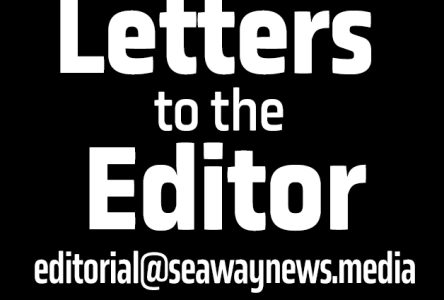Unless you have been away from planet Earth lately, you do not need to be reminded that the city of Cornwall’s communication department has been the subject of heated debate over the last few months.
Back in April, some council members’ pulses raced when they learned that the city had paid $101,700 under a non-competitive procurement deal to the Ottawa-based firm of Winston Wilmont. Why couldn’t a local be hired to do PR? The firm’s hefty bill also raised eyebrows.
Then at the June 25 meeting, the draft communications policy was justifiably trashed when members learned that the administration was effectively trying to muzzle elected officials.
“This policy applies to all City of Cornwall employees, elected officials, and representatives,” the document reads. “Prior to speaking with media, all requests and comments should be coordinated with the Communications Manager and communications team.”
Before opting to send the policy back to the drawing board, members pointed out that the proposed restrictions would jeopardize freedom of speech, delay the dissemination of information and undermine members’ credibility.
As Councillor Claude McIntosh, a former daily newspaper reporter, noted, the press does not to wait days to get the facts on a fire or a watermain break.
Plus, he said, nothing creates suspicions like a terse “No comment” from a politician.
The integrity of council members takes a beating when city managers obviously believe elected representatives should not be able to freely speak their minds.
The stated goals of the contentious guidelines are “To ensure effective and consistent communication with the media and the public, maintaining the City’s commitment to transparency, accountability, and community engagement.”
But, as the policy’s most vociferous critic pointed out, it smacks of Big Brother — the evil character in the dystopian world of “Oceania,” not the silly TV show.
While acknowledging the administration wanted to “streamline the message,” Councillor Dean Hollingsworth said it was akin to something out of George Orwell’s 1984. “The last time I checked, the Canadian Charter of Rights and Freedoms expressly says we have the right to expression. It’s literally embedded in our constitution,” he stated.
Councillor Elaine MacDonald said the draft ought to be totally scrapped, not tweaked. Attitude at city hall must also be refreshed, she contended. “Too often, the administration is treating us like rubber stamps instead of decision-makers,” she complained, adding that the administration wanted to have “absolute control over what is being said on behalf of the municipality.” But it is taking too long to share some simple facts, such as how the city was helping people deal with extreme heat.
The hope is that “gaps” in the system could be filled once a communications manager joins city hall staff, CEO Mathieu Fleury told council.
Most large organizations have a mechanism to ensure that “everyone is on the same page” before public statements are made. But the restrictions contained in the city’s draft communication rules are extremely tight and heavy-handed.
For example, the policy stipulates, “All media requests are to be submitted to communications@cornwall.ca. Requests submitted through any other channels will be deemed unofficial and may not be responded to.”
Nostalgia alert: These limitations make one long for the good old days when a citizen or a reporter could walk into a town hall, and talk directly with the mayor or an employee and get information directly from the people who ought to know what was going on, without being filtered.
But those days are long gone. Corporate “brands” are vital, public perception is crucial, talking points must be massaged.
In the Cornwall draft policy, there is an underlying and unspoken fear that a council member may go rogue, make an honest, spontaneous comment, become a loose cannon and dare to deviate from the script.
Rules on dealing with the media, and a social media policy are part of the city’s ongoing efforts to support its “vision of being a diverse and progressive community, ensuring residents and partners are well-informed and engaged.”
However, it does not help the city’s image when elected officials feel they are being silenced and being cut out of the decision-making process.
Council members are, ostensibly, the bosses at city hall. They were elected to represent residents and ultimately have the final say on what actions the city takes.
The heated debate over PR shows that relations between some elected representatives and certain city managers are strained to say the least. It is not a good look.



